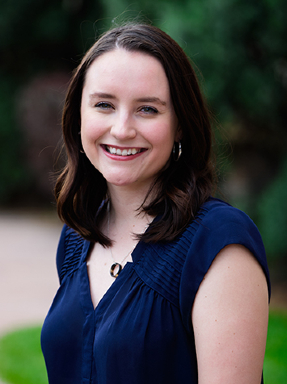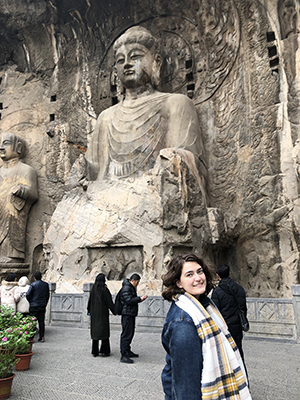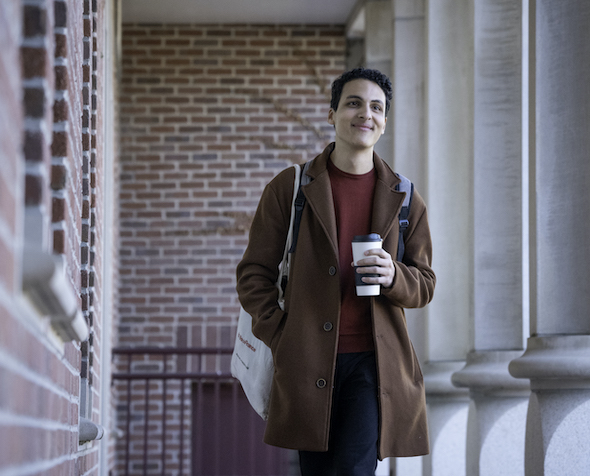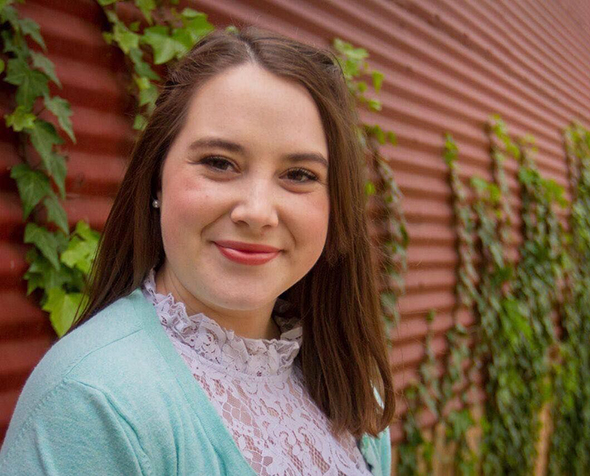Student Embraces the Unexpected after Studying Abroad in Beijing
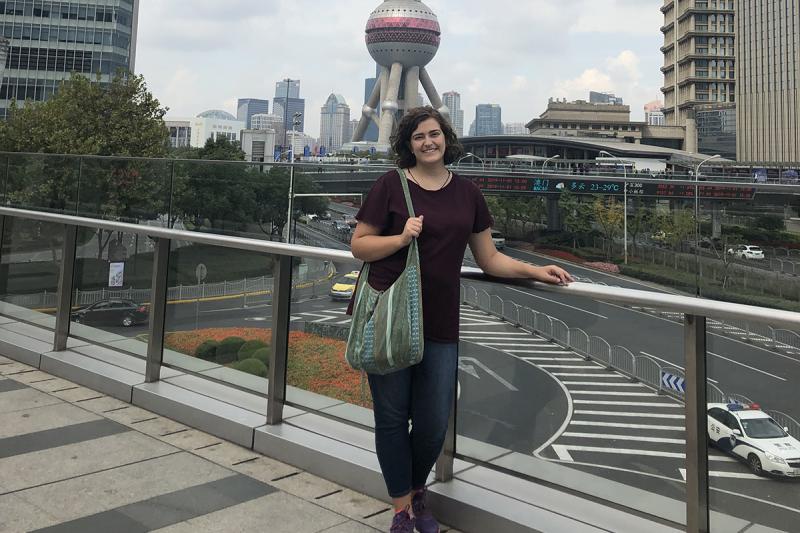
As a study-abroad student at Beijing University this past fall, Kathleen Burns quickly realized that her experience wouldn’t be standardized. She participated in an intensive immersion program that only allowed her to speak English on the weekends. Although her academic background at the University of Denver gave her tools to navigate studying abroad, Burns recounted that part of the experience is that you can’t exactly be prepared for everything.
“When you immerse yourself in a place like that you really understand, oh, this isn’t like a picture in a textbook, this is real life. Everything feels flat on paper, and then you go, and it’s completely different.”
With her mind set on personal growth, she found that her biggest accomplishment was learning how to say ‘yes’ to new experiences.
“As a first-year student at DU, I was so busy with my job and school, I was constantly exhausted. I didn’t want to step outside my comfort zone. Going to Beijing flipped a switch in me. In my head I was always saying ‘I can’t believe I just said yes to that,’” she said.
When she wasn’t immersed in her studies, Burns said ‘yes’ to two solo trips, one to Shanghai and Datong, went with friends to Inner Mongolia, as well as participated in a University-funded study trip about Buddhism in China. She encourages future study abroad students to not be afraid of solo travel.
“I really wanted to see the hanging monastery in Datong and no one else wanted to. So I went by myself. It was genuinely terrifying,” Burns said. “Everything that could have gone wrong went wrong, but I still managed to see the thing. I came out of it extremely happy with myself and a lot more confident in my travel abilities.”
Because she didn’t have VPN access, Burns would often frequent local cafes to study Chinese and connect with the city and its people. Through this, she made many local friends who helped improve her language skills and taught her about Chinese youth culture to which she otherwise would not have had access.
Whether it be in class at Beijing University, chatting with her local friends in the café or travelling across Inner Mongolia, Burns was always aware of her privilege as an American study-abroad student.
“Especially in Beijing University, it was painfully obvious to me that I was American. I couldn’t really blend in. For the first time, I was experiencing a little bit of how it feels to be a minority. At the same time I didn’t lose any of my privilege because I was still an American,” Burns explained.
Utilizing both her anthropology major and Chinese minor, Burns was able to process her own experiences through a cultural lens.
“Anthropology was in my brain as I was looking around all the time. It allowed me to see multiple levels of experience and to conceptualize my experience as different from others’,” Burns said.
Her immersion experience also made her more empathetic to study-abroad students on DU’s campus. She acknowledged that before going to Beijing, she couldn’t identify with what it was like to be thrown into an entirely new culture.
“I can understand why they might be scared or nervous, and I have a totally new appreciation for the study-abroad students in my classes,” she said. “The fact that they’re able to keep up with English as their second language is so crazy impressive. Now I know how hard it is.”
Maintaining her bridge between Chinese and anthropology, Burns believes her study-abroad experience in Beijing will affect everything else going forward. She has no plans of stopping saying ‘yes’ to new experiences.
